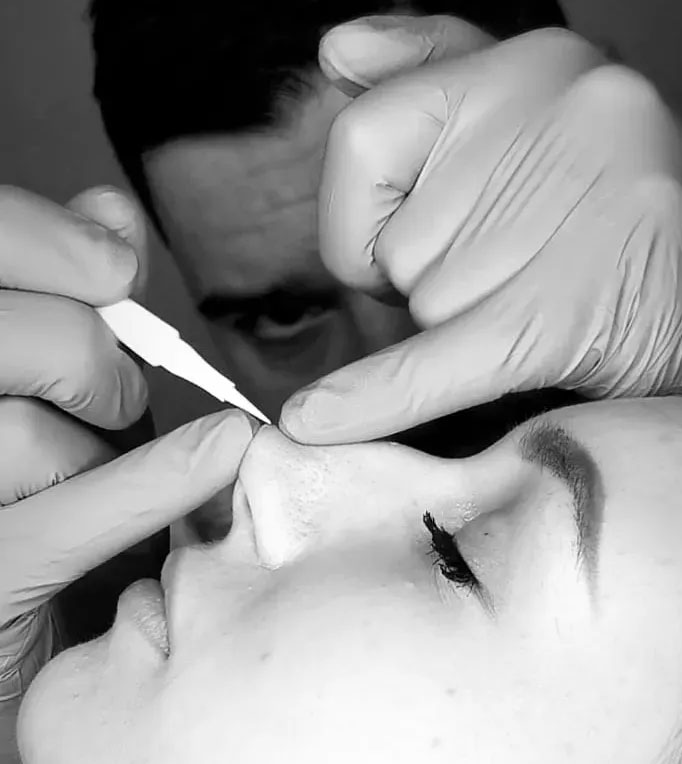With winter setting in, it’s more important than ever to take good care of your skin. Cold temperatures and low humidity levels together with harsh winds and dry indoor heat can cause the skin to become dry and irritated. Skin conditions such as eczema are also much more likely to flare up during the winter months. Read on to find out how to winter-proof your skin.
Choose the right winter moisturiser for your skin
Many people tend to use the same old moisturiser all year round. However, your normal moisturiser may not cut it during the winter months when the cold temperatures and central heating are playing havoc with your skin. Invest in a moisturiser that’s better suited to the season, making sure you choose a product that’s right for your skin type. If you’re prone to getting breakouts, avoid oil or petroleum-based formulas. Instead, choose a moisturiser which contains lipids. If your skin is very dry, you may want to try an emollient moisturiser which seals in moisturiser.
Don’t forget the sunscreen
Don’t make the mistake of putting your sunscreen away once winter sets in. Whilst it’s true that there’s less harmful UVB light around in winter, levels of UVA are still high enough to cause significant skin ageing. Winter sun, when combined with the glare from the snow, can damage the skin. Apply sunscreen with a high UVA rating to your face about half an hour before you go outside, reapplying it regularly if you’re out for a long time.
Say no to sunbeds
Tanning yourself may make you feel better on these cold, dark days, but it can cause significant damage to your skin. As well as causing cell damage that can lead to cancer, UV rays can also cause skin damage, resulting in wrinkles and premature skin ageing. Sunbeds can give your skin a leathery texture and lead to dark spots developing.
Avoid long, hot showers.
Hot baths and shower can feel great during the winter months, however, they can also remove important oils from your skin. This can cause your skin to become excessively dry, itchy, and irritated. In the worst cases, very dry skin can develop into more serious conditions such as skin inflammation and eczema. Dermatologists recommend taking warm or lukewarm showers and baths in winter.
Turn down the central heating
Most people’s first instinct when temperatures start to drop is to turn up the thermostat. However, central heating can cause big problems for the skin, leading it to become very dry. As well as producing dry conditions indoors, central heating also cause issues due to the difference in temperatures from outside.
When you come into a warm, cosy room when you’ve been outdoors in the cold, blood vessels can dilate, making the redness from acne and rosacea far worse. This doesn’t mean you need to sit at home shivering. To alleviate the problems caused by central heating, you could try turning it off at night. You might also like to try using a humidifier to replenish the moisture levels in the air.
Consider professional skin treatments
Winter is a good time of the year for skin treatments. Undergoing peels and laser therapies during the summer months poses challenges, with sun exposure either side of the procedure bringing a risk of inflammatory hyper-pigmentation. This is much less likely to happen in the winter months. Many of the latest professional skin treatments can help to stimulate collagen production, making skin appear healthier and glowing. Winter can leave your skin looking dry and tired, but the best skin therapies can replenish and rejuvenate it almost instantly.
Winter can spell big problems for your skin, but there are steps you can take to combat these and prevent it from becoming too dry and irritated during the colder months.

